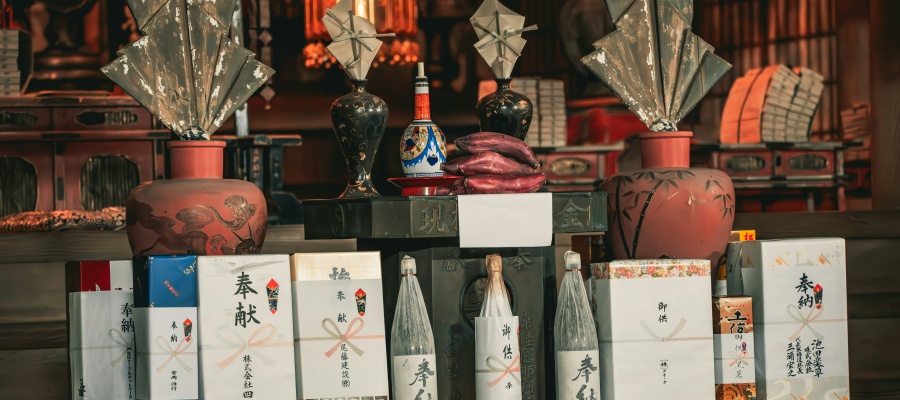Western spirits producers are facing mounting challenges in China, a market that has long been considered essential for global expansion and premium brand growth. As the country’s economy continues to sputter in the aftermath of the pandemic, consumers are tightening their belts—and even China’s most iconic domestic spirit, baijiu, is feeling the strain.
For years, China’s high-end alcohol market has been synonymous with the prestige of Kweichow Moutai’s Feitian Moutai, commonly known as Flying Fairy. A 500ml bottle of the 53% ABV baijiu has traditionally been viewed as a symbol of wealth and an ideal gift during corporate and family celebrations. Yet recent signs indicate a sharp decline in both demand and confidence, reflecting broader economic uncertainty.
Flying Fairy loses its wings
The secondary market price for Flying Fairy has dropped from around CNY 2,700 (£292) at the beginning of 2024 to approximately CNY 2,200 ($238) per bottle—a fall of nearly 20%. On some trading days, the price has dropped by as much as £20 in a single session.
Kweichow Moutai maintains that it is still selling bottles at its official list price of around CNY 2,400 (£260), particularly for bulk orders. But industry insiders suggest those prices are also softening as China’s economic downturn continues to weigh on consumer spending.
Worsening house prices, rising youth unemployment, and general economic sluggishness are forcing small investors and consumers to offload luxury goods like Flying Fairy in a bid to free up cash. In previous years, holidays like the Dragon Boat Festival would boost demand and push prices up. This year, however, prices fell during the festive period—sending a worrying signal to both domestic producers and international brands betting on China’s premiumisation trend.
Mid-market collapse threatens high-end spirits
Middlemen, who traditionally stockpile Moutai ahead of major gift-giving seasons, are now refusing to purchase new stock. They fear further declines in value and are waiting for panic selling to subside before re-entering the market.
This downturn in the baijiu sector is a concerning bellwether for Western companies like Remy Cointreau, Pernod Ricard, and Diageo, which all view China as a cornerstone of future profitability. These companies have invested heavily in targeting China’s upper-middle-class consumers with luxury Cognac, Scotch whisky, and other premium spirits. But with tightening wallets and falling confidence, those ambitions are now under threat.
Stock value tumbles
The implications go beyond falling bottle prices. Kweichow Moutai, which had successfully pivoted to direct-to-consumer sales in recent years, now sees nearly half of its revenue come from these channels. But this new strategy has not been enough to protect it from the macroeconomic headwinds.
The company’s stock price has plunged to an 18-month low, down 20% from CNY 1,900 in June 2023 to CNY 1,500 today. In just one month, the company’s market value has dropped by more than CNY 110 billion (£12 billion), reflecting investor anxiety about the overall direction of China’s spirits market.
Key test for global players
This financial turbulence arrives just as Diageo and Pernod Ricard are preparing to close their annual accounts. Analysts and investors will be scrutinising the upcoming results closely to assess how heavily the slowdown in China is weighing on their bottom lines—particularly since the US market remains sluggish as well.
With the Chinese government considering tariffs on European spirits in response to ongoing trade tensions, the picture grows even more complex. For now, the luxury spirits market in China is on unstable footing, and whether it can regain momentum in the coming quarters may depend as much on macroeconomic recovery as on brand strength.
As Western and domestic brands alike navigate this uncertain landscape, one thing is clear: the once-booming China spirits market is no longer the sure bet it once appeared to be.


